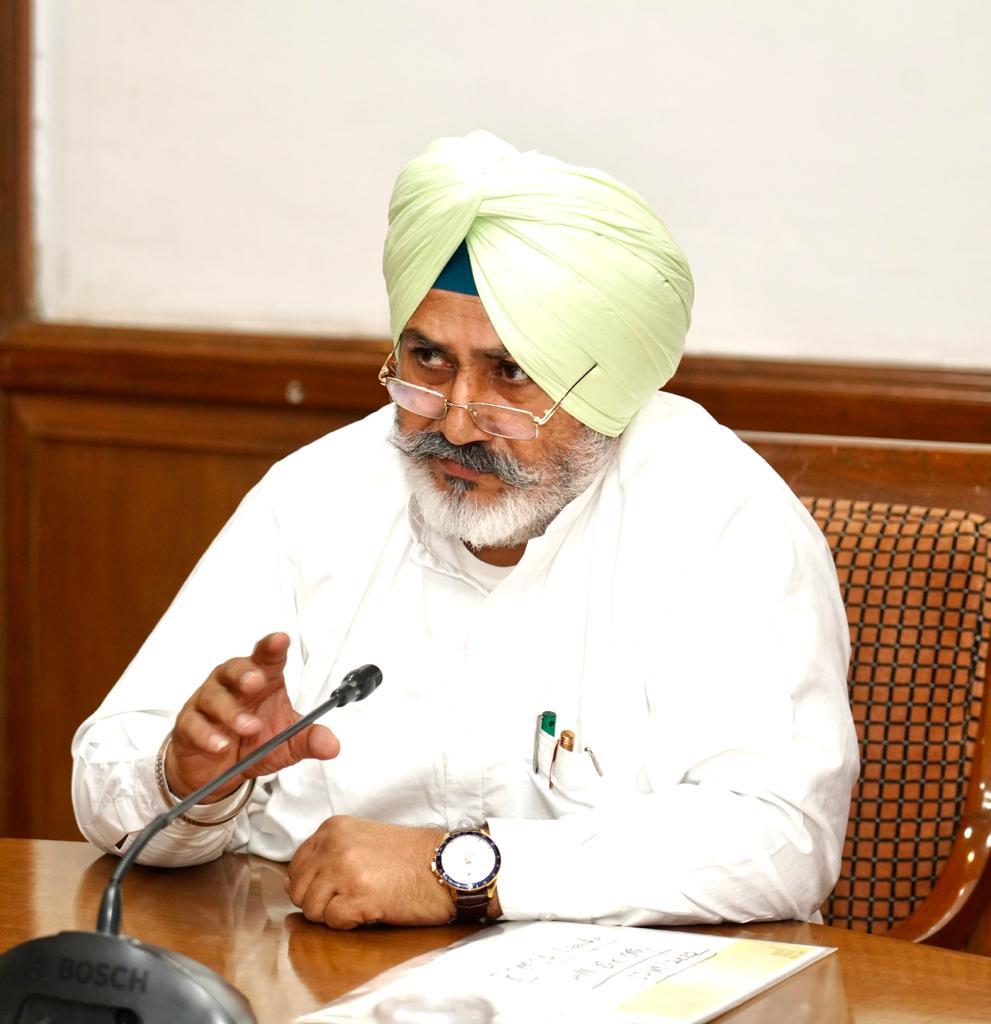Chandigarh, September 17:
The Punjab Government under the leadership of Chief Minister Bhagwant Mann is working diligently towards ensuring best health care facilities to children. Punjab Health and Family Welfare Minister Chetan Singh Jouramajra said that Health Department is all set to vigorously launch SNID pulse polio campaign for which 11,865 teams had been formed by the Health Department. Under this campaign as many as 1,483,072 children 0 to 5 years (including migratory children) will be given oral polio vaccine drops during the sub-national vaccination round of the Pulse Polio campaign from September 18 to 20.
A virtual meeting of the State Task Force of various officers and stakeholders was held, in which Preparedness for smooth conduct of this immunisation round was evaluated thoroughly.
The Minister said that this campaign would be carried out in 12 districts of Punjab namely Amritsar, Bathinda, Faridkot, Fatehgarh Sahib, Fazilka, Mansa, Moga, Muktsar, SBS Nagar, Pathankot, Patiala and Tarn Taran.
Giving details, Mr. Jouramajra stated that on 18th September 2022 booth activity and on 19 September and 20th september door-to-door activities would be carried out in 12 districts with special emphasis on coverage of all high risk areas such as factories, brick kilns, slums, bus stands, construction sites and railway stations.
The Minister said that these teams would be headed by 1186 supervisors and overall supervision is to be done by state level health officers and he will keep a special eye on this campaign.
The Minister said that though India had been declared polio free by the World Health Organization on 27 March 2014, there is still a risk of import of polio virus from neighboring countries, where cases of the disease are still being reported. “Therefore, effective implementation of the pulse polio vaccination program is essential to protect our future generations from this disease,” he added.
Discussions
Discussions
